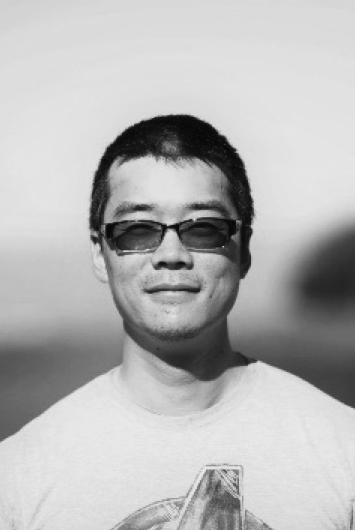At 3:00 p.m. on Tuesday, Feb. 18, Huaxiao ‘Adam’ Yang will be at Michigan Tech to present his research on regenerative medicine and its applications to treating heart conditions. His presentation will be given in room U113 of the Minerals and Materials Engineering building on campus. Any students or faculty interested in this topic are welcome to attend.
More than 6.5 million americans suffer from heart failure. As that implies, it means that this is a fairly common condition. For those with heart failure, the heart fails to pump as much blood as it should, causing symptoms such as shortness of breath or fatigue. Currently, there are multiple treatments for the condition, and which one is used depends on the severity of the disease. These can range from taking medications, to getting implants or even surgery to attempt to treat the issue. However, none of these treatments are considered a cure for heart failure. This is why Yang has focused his research on finding more effective ways to treat this condition.
Yang’s research has focused on the potential of applying regenerative medicine as a treatment for cardiovascular conditions like heart failure. The purpose of regenerative medicine is usually to replace, engineer, or regenerate cells, tissues or organs. By doing this, the organ, cell or tissue generated can potentially regain normal function. While this does sound like an ideal method of treating this condition, regenerative medicine still comes with many challenges and is not easy to manage.
Within his presentation, Yang will discuss the methods he is studying. Currently, he is applying methods involving biofabrication (producing complex biologic products from simpler biomaterials such as cells), nanotechnology, 3D cell/tissue culture (gathering cells/tissue to observe in a controlled environment) and the use of stem cells, which are capable of becoming multiple different cell types. All of these techniques can help researchers better understand the applications of regenerative medicine to cardiovascular diseases.
Regenerative medicine just may hold the key to improving therapies and treatments for multiple types of health conditions. In this presentation, Yang will focus on explaining bioengineering tools that can be used in gene and cell based therapies. He will also discuss modeling cardiomyopathy (chronic disease of the heart muscle) for drug recovery.
With how common heart failure is, breakthroughs in this research can have wide-scale implications. New information on the disease and regenerative medicine could lead to a better understanding on how to handle this issue. Yang hopes to use his research to better understand cardiovascular development and eventually develop treatments that can be used in a clinical setting.


